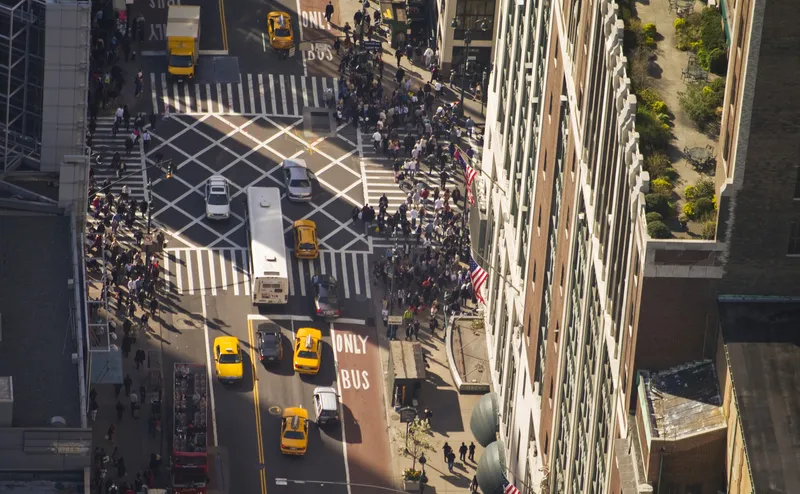Veovo is working with the
It follows an agreement made last year between the MTA and Partnership for New York City to launch the Transit Tech Lab to vet technologies designed to modernise the city’s public transit system.
Natalia Quintero, director of the Transit Tech Lab, says: “With Veovo's sensors and analytics, the MTA has more reliable data to inform service changes and improve safety on platforms.”
Veovo’s Passenger Predictability solution is expected to provide pre-emptive alerts of potential overcrowding at stations, allowing the MTA to take preventive measures.
Veovo says its platform uses a combination of various sensor technologies along with advanced deep learning algorithms to provide a real-time overview of passenger volumes, how they move within and between stations, their average wait time and occupancy on trains.
Data is used to detect and predict irregularities such as repairs and delays. This enables the MTA to pinpoint the impact on occupancy and dwell times to better anticipate future passenger volumes and movement, the company adds.
Additionally, sharing the data could enable transit users to make more informed travel decisions, by taking into account factors like time of departure or choice of station.
During the pilot, the solution will be rolled out on the L-train line, coinciding with the Canarsie tunnel reconstruction, which was damaged by Hurricane Sandy in 2012.
Veovo to ease subway crowding in New York
Veovo is working with the Metropolitan Transportation Authority (MTA) to help ease crowded subways in New York as part of a one-year pilot.
It follows an agreement made last year between the MTA and Partnership for New York City to launch the Transit Tech Lab to vet technologies designed to modernise the city’s public transit system.
Natalia Quintero, director of the Transit Tech Lab, says: “With Veovo's sensors and analytics, the MTA has more reliable data to inform service changes and improve safe
August 7, 2019
Read time: 2 mins









